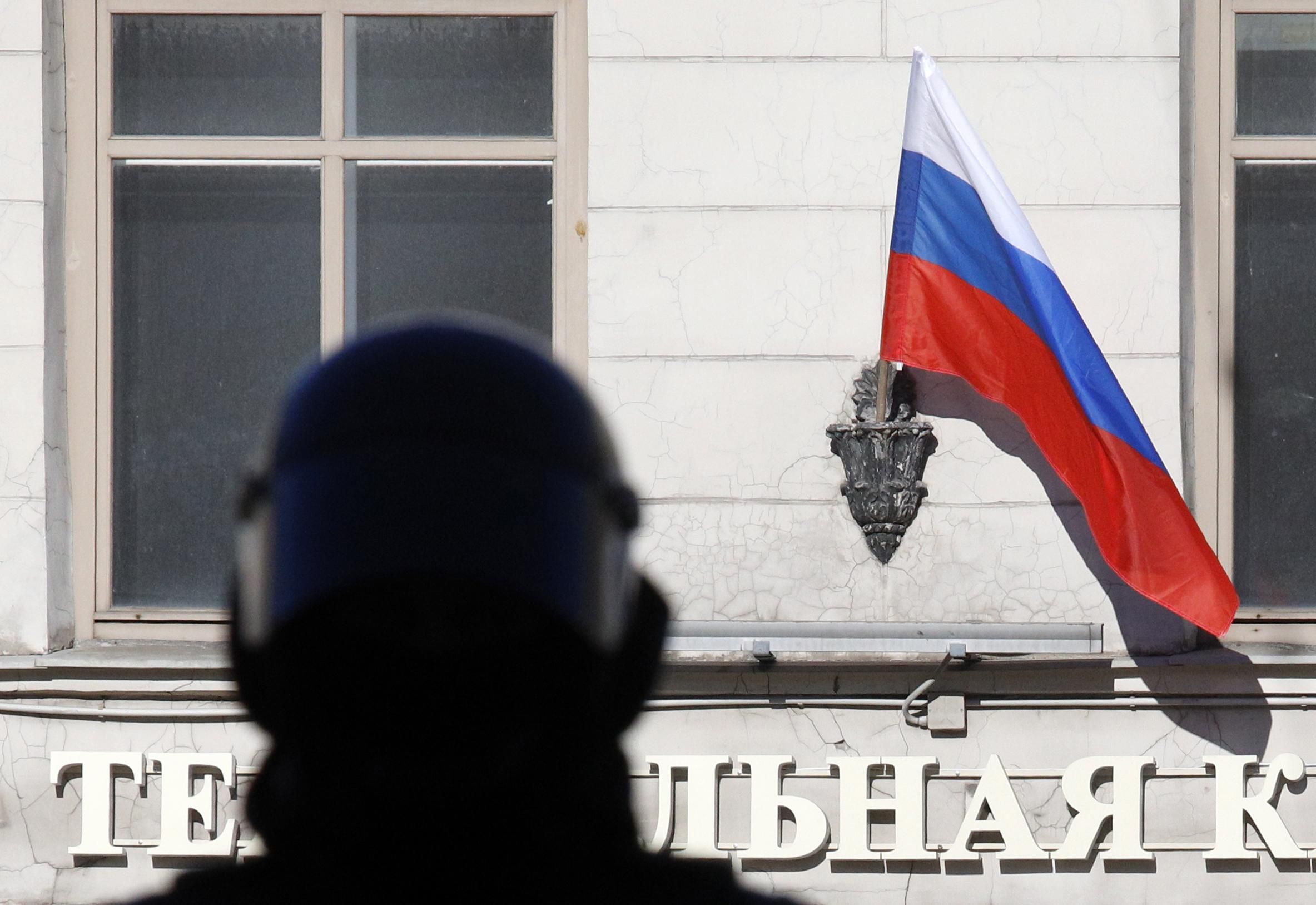15: Referring to the Kremlin’s actions in Ukraine as an “invasion” or a “war” could put Russians behind bars for up to 15 years, as stipulated in a new law against spreading “fake news.” To play it safe, stick to “special military operation.” (And don’t miss our very own Alex Kliment’s Twitter video take.)
55: Global wheat prices are up a whopping 55% since Russia invaded Ukraine. If the war continues, countries that depend on cheap Russian & Ukrainian wheat imports like Egypt or Lebanon could suffer tremendously.
5.5: China set on Saturday a 5.5% economic growth target for this year, the lowest figure since 1991. Still, it’s an ambitious goal given domestic challenges like zero COVID and the economic fallout of Xi Jinping’s “common prosperity” policy, not to mention global uncertainty over the war in Ukraine.
25: Up to 25% of candidates running for MP in ongoing elections in five Indian states have criminal cases filed against them. Although this phenomenon is not new in the world’s largest democracy, experts say criminal politicians have become more powerful in recent years, especially in poor communities with weak public and justice services.
266: Tanzanian opposition leader Freeman Mbowe was released on Saturday after spending 266 days in jail on terrorism charges. This suggests President Samia Hassan — who took office almost a year ago after the death of the authoritarian John Magufuli — is ready to reconcile with the opposition in the East African nation.More For You
How widely is AI actually being used, and where is adoption falling behind? Speaking at the 2026 World Economic Forum in Davos, Brad Smith, Vice Chair and President of Microsoft, outlined how AI adoption can be measured through what he calls a “diffusion index.”
Most Popular
AI adoption is accelerating worldwide, but “diffusion” isn’t just about who has the best models. It’s about who has the basics: affordable power, reliable connectivity, and the skills to actually use AI. In a new GZERO Media Global Stage livestream from the 2026 World Economic Forum in Davos, Switzerland, CNN’s Richard Quest moderates a clear-eyed discussion on what it will take to broaden AI access, and what happens if the gap widens.
Now that we are all on same page. #PUPPETREGIME
